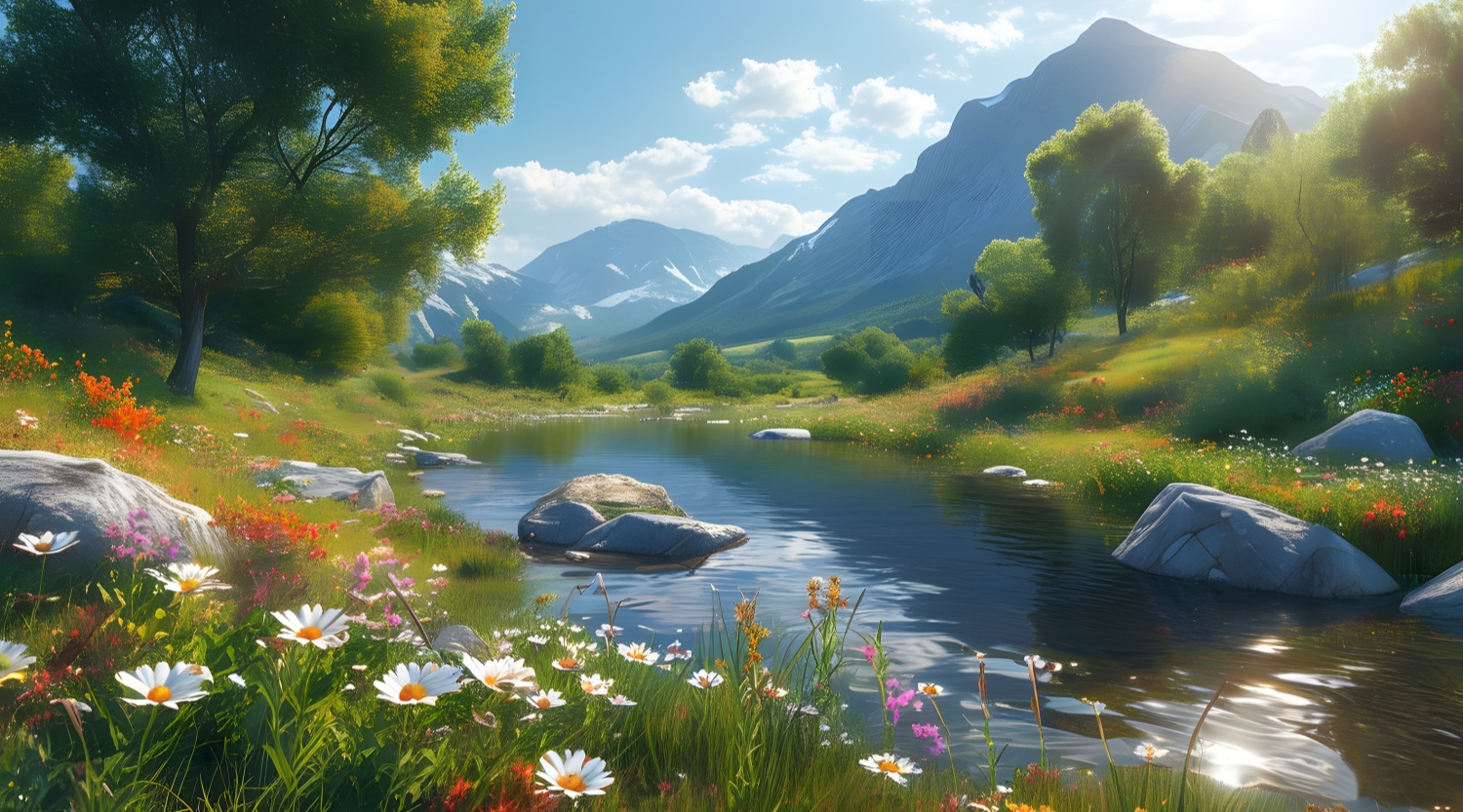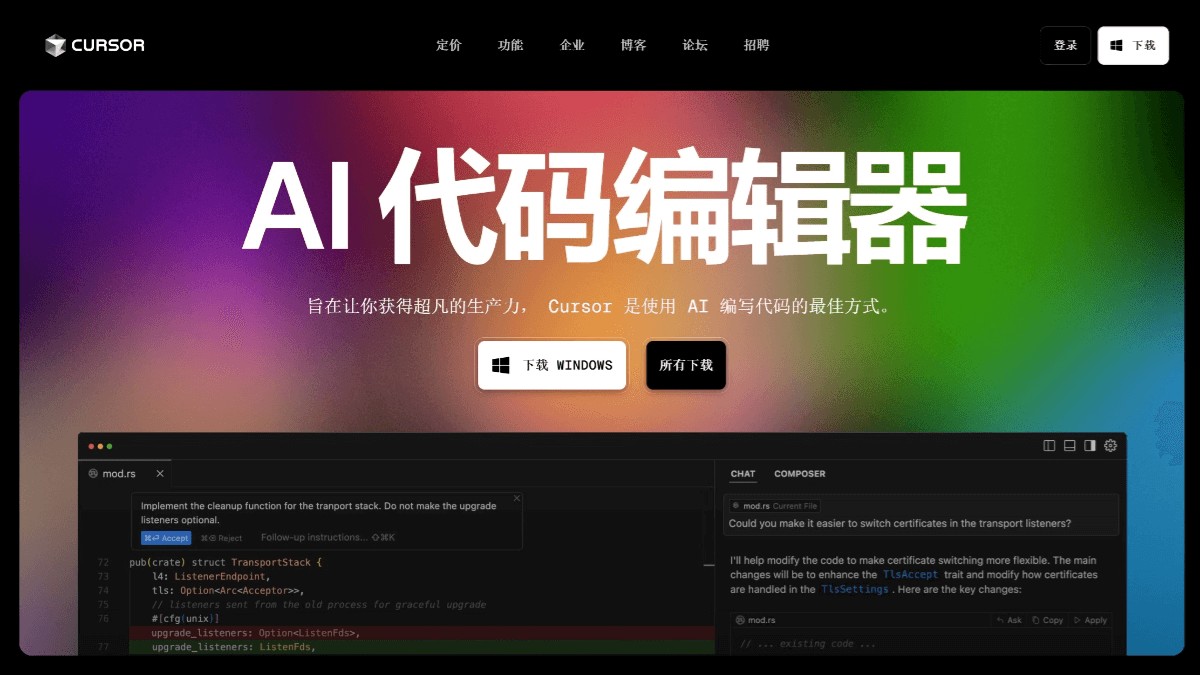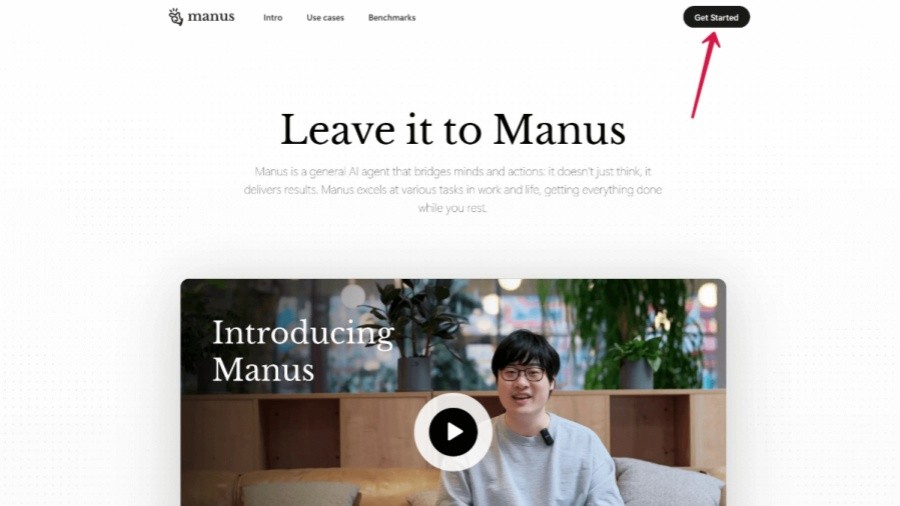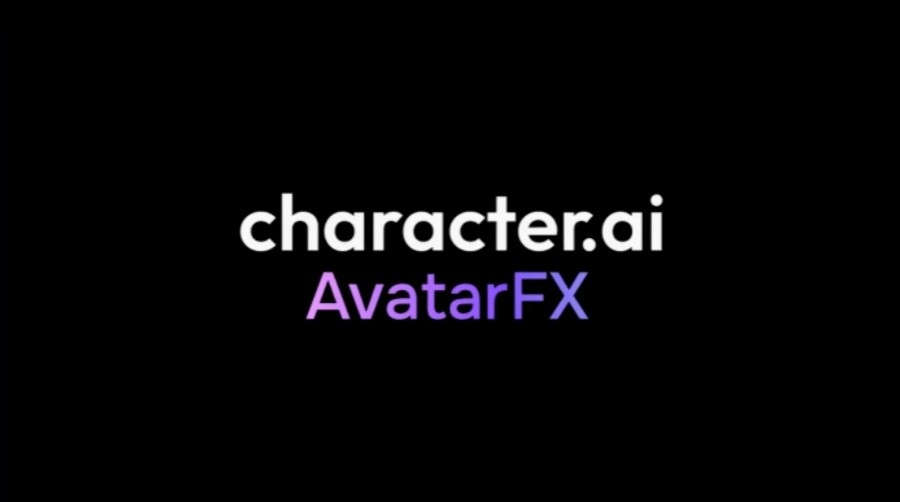
AI landscape keywords are instructions used to guide an artificial intelligence (AI) image generator to create landscape images. These keywords describe the scene, style, atmosphere, and other details you want to see in the image. Using the right keywords can help you get images that are closer to your expectations.
Here are some tips for organizing and using AI landscape keywords, as well as some example keywords, hoping to help you better use AI to generate landscape images:
1. The composition logic of keywords: subject + adjective + style/medium
Subject: The thing you want to depict primarily in the image, such as "mountain", "forest", "beach", "city", "starry sky", etc.
Adjectives: describe the characteristics, state, atmosphere, etc. of the subject, such as "majestic", "luxuriant", "quiet", "prosperous", "magnificent", etc.
Style/Medium : Instruct the AI which artistic style or medium to use to generate the image, such as "realistic photo", "oil painting", "watercolor", "anime", "sci-fi", etc.
2. How to organize keywords
Use commas to separate keywords: This is the most common method, such as "majestic mountains, dense forests, clear lakes, realistic photos."
Use phrases or sentences that express your intention more clearly, such as "Lighthouse on a cliff by the sea at sunset, warm-toned oil painting."
Use weights or parameters: Some AI image generators allow you to set weights for keywords to emphasize the importance of certain elements.
3. Examples of commonly used AI landscape keywords
Here are some examples of AI landscape keywords organized by category:
Natural scenery:
Mountains: majestic mountains, snow capped mountains, rolling ranges, sunset mountain views, mountain huts, valleys, canyons, rocks, glaciers
Forest: Dense forest, virgin forest, autumn forest, sunlight through the woods, stream through the forest, forest path, magic forest, misty forest
Ocean/Beach: Quiet beaches, rough seas, sunset seascapes, sandy beaches, cliffs, waves, lighthouses, coastlines, tropical beaches, coral reefs
Lakes/Rivers: Clear lakes, lake reflections, lakeside cabins, rivers, waterfalls, creeks, wetlands
Desert: vast deserts, dunes, oases, cacti, rocks, arid lands
Sky/Starry Sky: Magnificent starry sky, Milky Way, aurora, meteor shower, sunrise, sunset, clouds, rainbow
Others: grasslands, fields, sea of flowers, caves, volcanoes, ice fields
Cityscape:
Cities: bustling city, modern city, historic city, night view, skyscrapers, streets, bridges, parks
Architecture: Modern architecture, historic buildings, Gothic architecture, castles, churches, temples
Future cities: cyberpunk cities, futuristic architecture, flying cars
Style/medium:
Realism: hyper-realism, photorealism, 8k resolution, high definition
Painting: Oil painting, watercolor, drawing, ink painting, Impressionism, Fauvism, Surrealism
Anime/Cartoon: Anime style, cartoon style, Ghibli style
Sci-fi/Fantasy: Sci-fi genre, fantasy genre, space opera, steampunk
Others: Photography, film stills, concept art
Atmosphere/Mood:
Serene, peaceful, mysterious, romantic, epic, apocalyptic, surreal
Light/Color:
Golden light, sunset, blue tones, warm tones, cool tones, bright colors, pastel colors
4. Some combination examples
"Majestic snow-capped mountains, clear lakes, pine forests, sunset, oil painting"
"Future city, neon lights, flying cars, rainy nights, cyberpunk"
"Tropical beach, white sand, clear water, palm trees, sunny, photorealistic"
"Dense forest, sunlight filtering through trees, creek, magical creatures, fantasy style"
5. Tips and Tricks
Try different keyword combinations: Don’t be afraid to try different keyword combinations to find the best results.
Use more specific keywords: More specific keywords can help the AI better understand your intent.
Reference art works: You can refer to some famous landscape paintings or photography works and use similar keywords to describe the style you want.
Use online resources: There are many AI painting keyword libraries and generators online that can help you find inspiration.
Iteration and adjustment: After generating the image, adjust the keywords based on the results and perform multiple iterations until you obtain satisfactory results.
With the above information, I believe you will be able to better use AI landscape keywords to create stunning landscape images. Remember, experimenting and exploring is key!



